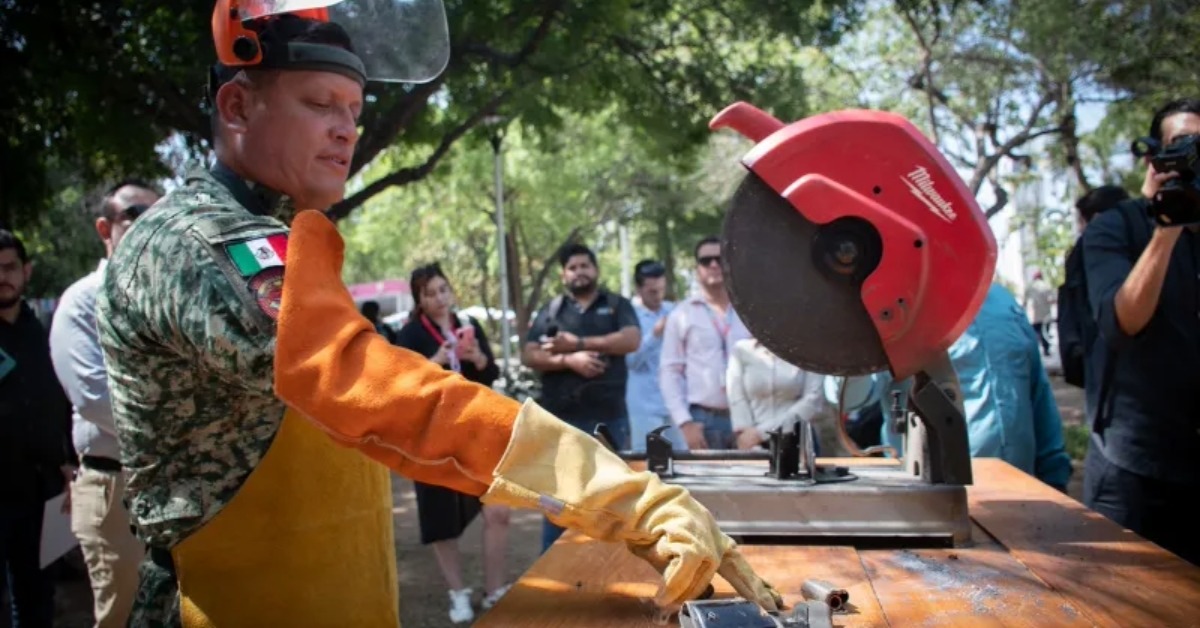Tlaxcala’s “Yes to Disarmament, Yes to Peace” campaign has collected 82 firearms and over 1,000 war toys; it runs through December 2025 . . .


Tlaxcala’s “Yes to Disarmament, Yes to Peace” campaign has collected 82 firearms and over 1,000 war toys; it runs through December 2025 . . .
